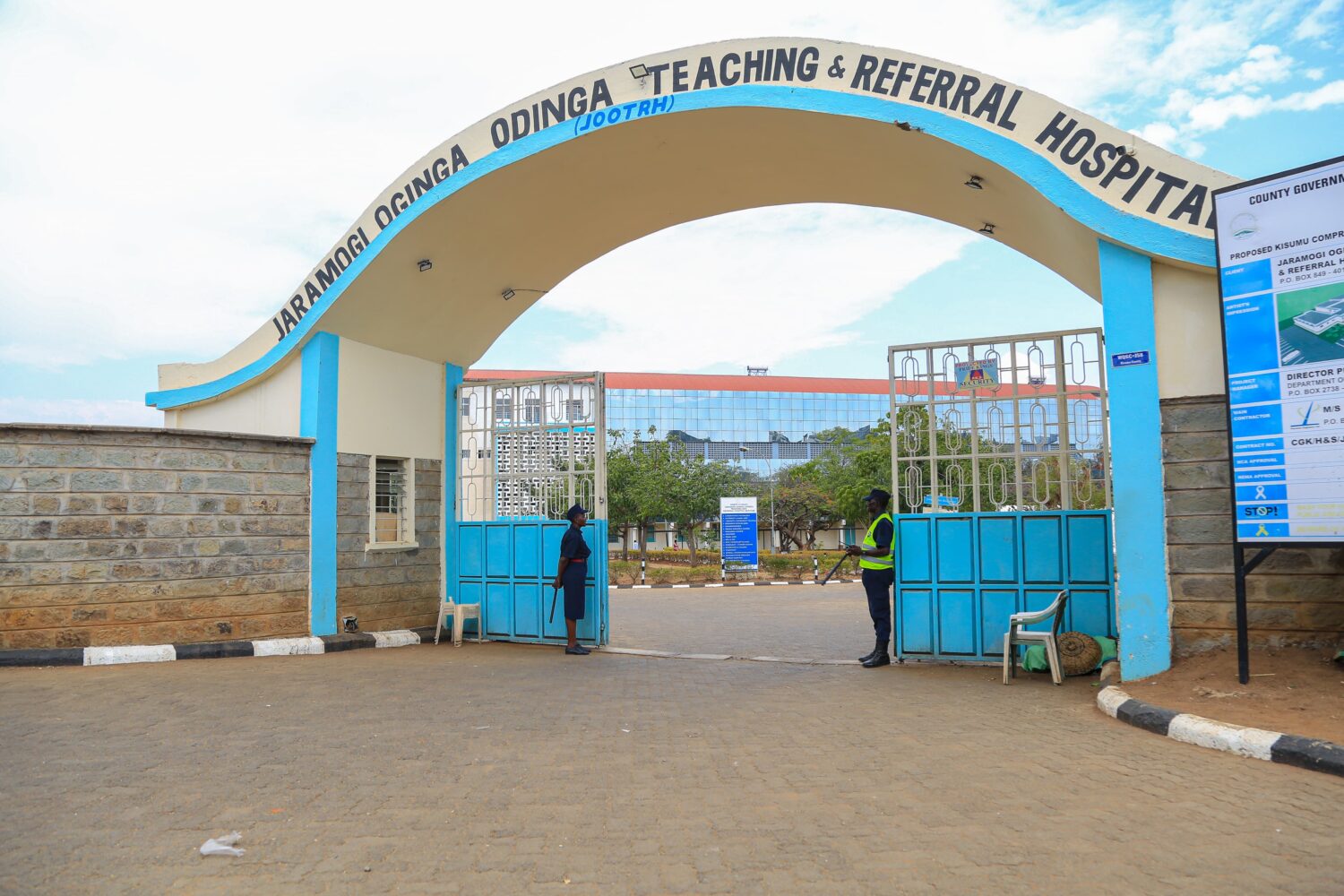This week, another young Kenyan life was needlessly lost through suicide.
The body of 27-year-old Vera Omondi Okoth was found dangling inside a bathroom at her parents’ home in Umiru village, Siaya County.
It has been established that before the deceased took her own life, she had lost all hope of finding a job after she had unsuccessfully applied for more than 500 jobs.
The deceased had, in 2019, graduated with a bachelor’s degree in science from Masinde Muliro University.
Vera’s story is not an isolated case, as similar tales of despair and hopelessness continue to emerge.
Last year, a young doctor ended his life in a similar manner, driven to desperation by the lack of well-paying job opportunities despite years of rigorous medical training.
With limited job prospects, even highly educated individuals find themselves trapped in a cycle of unemployment, leading to frustration, depression, and, tragically, in some cases, suicide.
As a nation, there is a collective responsibility to address this crisis. It is not enough to merely acknowledge the problem; decisive action is required to create an economic environment that can absorb the influx of young talent.
Moreover, there is a need to redefine success beyond traditional white-collar employment. Emphasizing alternative career paths, vocational training, and entrepreneurship can empower the youth to explore diverse opportunities.
It is crucial to instill resilience and adaptability in the younger generation, helping them navigate challenges and uncertainties.
The tragic loss of lives like Vera Omondi Okoth’s should serve as a wake-up call for all stakeholders.
It is time to acknowledge the failures, implement reforms, and collectively strive for a future where every young Kenyan can realistically envision a hopeful and fulfilling life.
Copy by Fred Indimuli- host Morning Cafe show











